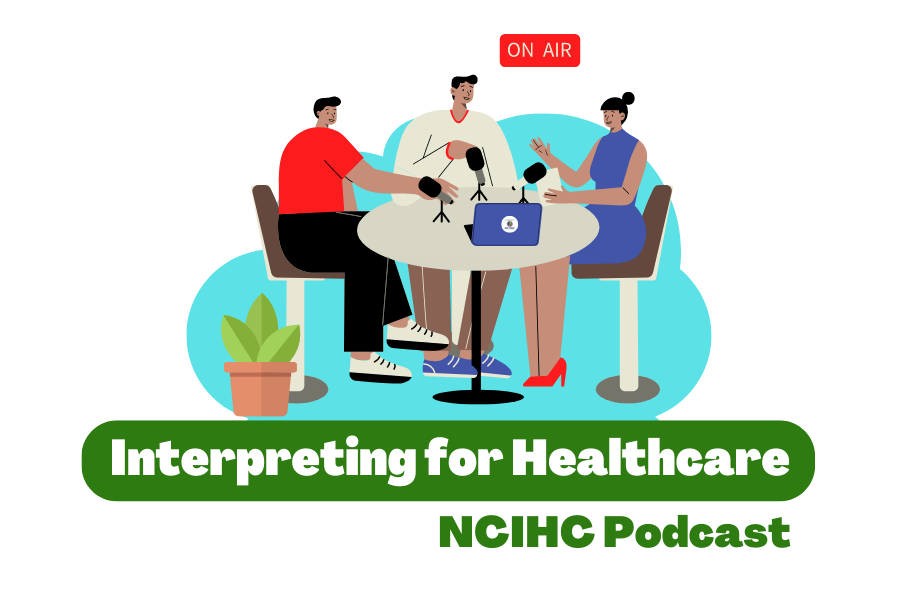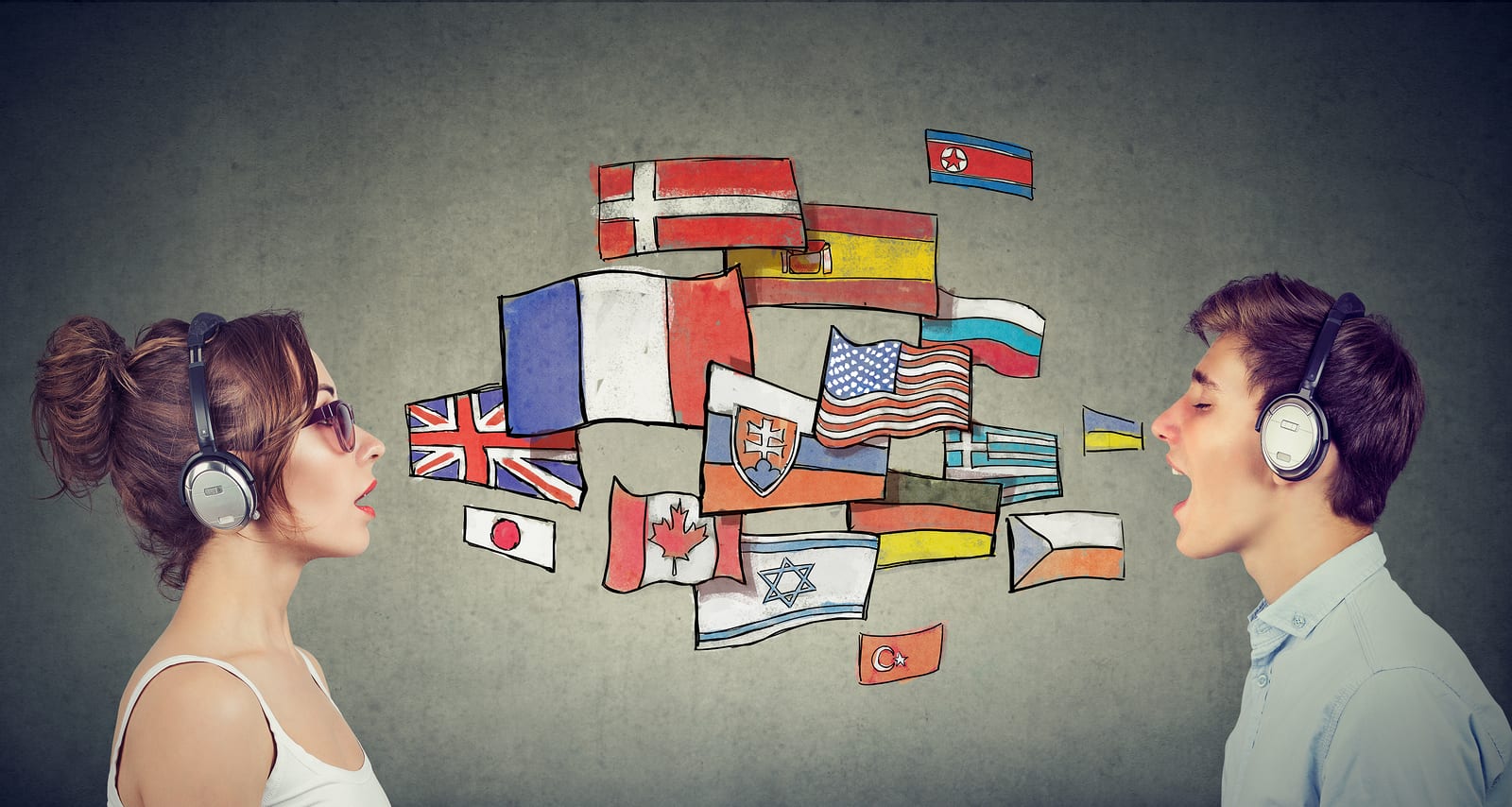From emails and advertising to websites and blogs, your business does a lot of communicating. When it comes to your written business materials, you could be ignoring a critical market if you do not consider incorporating translation services into your business practices. Open the door of language and enter a global business sphere. Don’t think you have anything that needs translating? Here are some of the most common business items we translate:
Websites
The text on your webpage needs to speak to your company’s brand, values, and services—all while being easily readable. When LEP (Limited English Proficient) readers enter your site, they should have the option to read the page in their native language. Taking the extra step to have a bi- or tri-lingual website means visitors feel welcomed by your company, and they are more likely to hire or choose you. Focus on languages in the neighborhoods and markets you are targeting.
Blogs
Content marketing is one of the strongest ways to build brand value and rapport with consumers, but if your blog is inaccessible to some markets, you could be missing out on connecting with more customers. Blogging is a valuable tool for offering useful and accurate information and as a source of passive income. Having your blogs translated into other languages will expand your traffic and boost your ratings and revenue.
Newsletters
Whether it’s a quick email update or a printed, snail mail-style newsletter, you need to keep in touch with customers. Engagement is key to bringing back clients, which is less expensive than marketing to and onboarding new ones. Translated newsletters will keep clients coming back to your store or business for more.
Pamphlets/Brochures
Your business probably has a pamphlet, leaflet, instruction booklet, menu, or brochure outlining your services, pricing, products, or more. Offering these in multiple languages will help consumers get the correct information because they can easily read and understand it. This is especially important in the travel and tourism industries which consistently market to a global customer.
Flyers/Announcements
People are swayed to buy a product or come to an event by the value of what they’re getting—not the price. Even high-priced items like luxury homes and vehicles are sold because the value of the item is worth what it costs. When a consumer can read about a product or learn about what’s happening at an event in their own language, they are more likely to see the value and be swayed by your marketing.
Forms & Agreements
Any intake forms, contracts, or agreements from your business need to be available in multiple languages for the protection of your consumer and yourself. Forms available only in English may be returned incomplete or incorrectly filled out due to misunderstandings. Consumers are cautious and may not sign agreements or other necessary documents if they can’t understand them fully. Don’t exclude your global customers; have your forms translated.
Financial Documents
Customers want to be sure of what’s happening with their money and should have the opportunity to read all financial documents in their own language. Trade and the movement of goods and money is a global affair. Gaining customers or vendors in global markets necessitates translating documents like invoices, financial forecasts, loan information, and more.
Legal Documents
Legal paperwork is already complicated when it’s in English, but add another language and it can become impossible to understand or be easily miswritten. Perhaps more than anything, legal and binding agreements and paperwork should be translated into multiple languages. This could include user agreements, terms and conditions, or any other legal document or contract.
Medical Information
Health is universal and your patients and/or customers may be LEP readers. Medication dosing information, home care instructions, therapy and drug pamphlets, healthcare records and reports, lab results, appointment reminders—these written communications need accurate translations to ensure all patients are receiving equally great health care.
Physical Signage
The signage around your business should be translated and friendly to a variety of on-location customers. This could include cautionary signage for wet floors or construction areas, bathroom signs, clearly marked emergency exits, rules and hours in public places like pools, libraries, malls, and parks… the list goes on. Although you think it may only be a few words, accurate translation is critical for understanding public signage.
The clear and precise language utilized throughout your business can be captured through the use of human translation services. Automatic, online, and free translation programs are not always exact in their translation. Don’t rely on Google to translate your webpage or blogs for you. Some brands ended up with terrible misunderstandings when their slogans were automatically translated. These important business documents reflect the professionalism of your company, and you need them to be translated correctly. That’s why you should call on a translations company such as Access 2 Interpreters.
We offer Translation Services for all the documents listed here plus anything else you need. Our specially trained translators and proofreaders are native speakers of the target translation language. They also have superior knowledge of the source language and have obtained degrees in their country of origin or the US. All of our translators adhere to a Translator Code of Ethics and maintain strict confidentiality for our clients.
If you are a business owner, then you need translation services. Email your inquiry or project to translations@access2interpreters.com. We also offer Transcription and Voiceover services for multimedia business videos, presentations, and more. Get your translations performed by professional and reliable translators. Contact A2I today!







